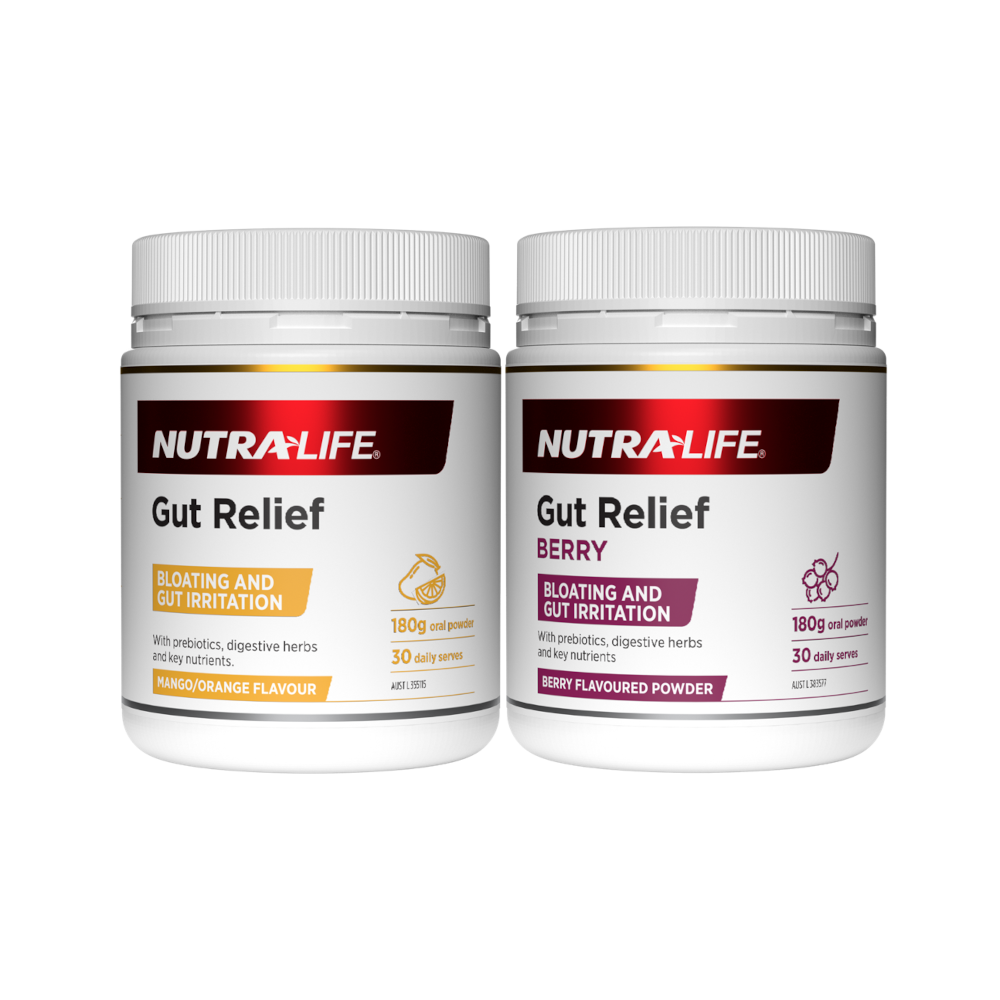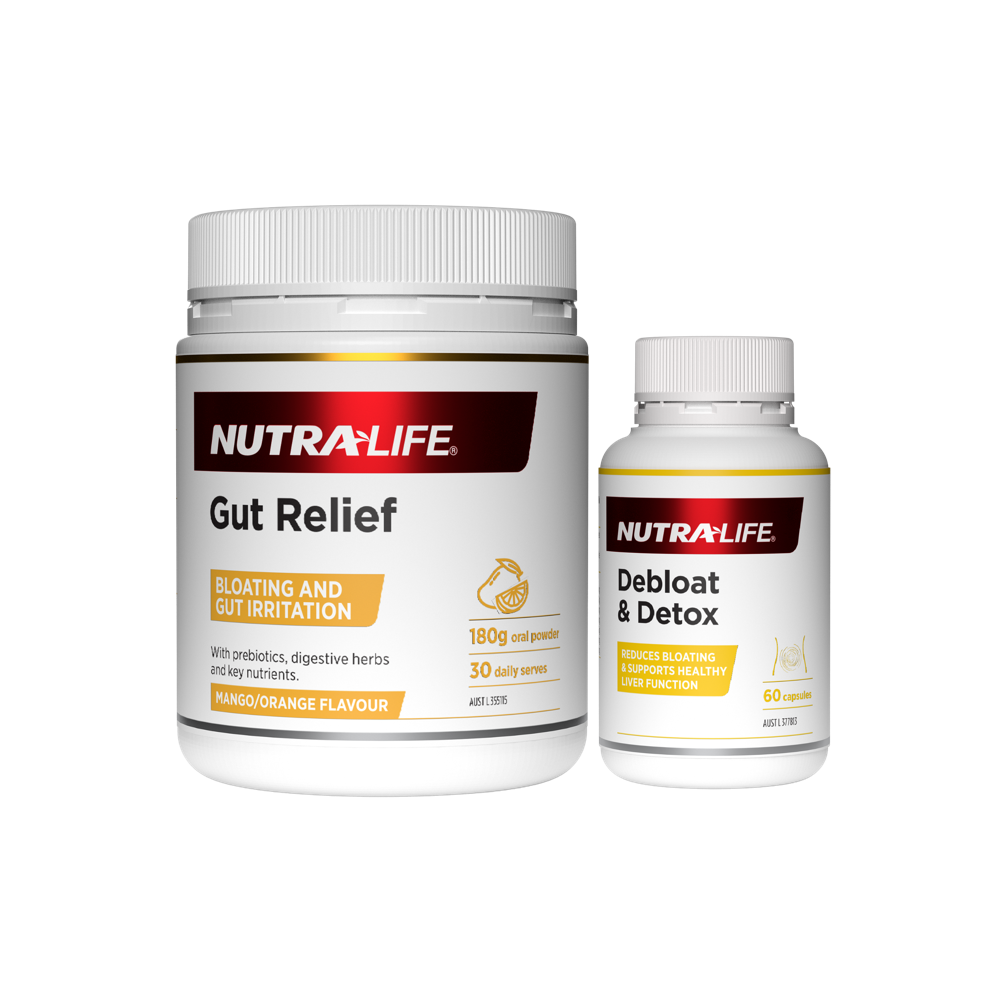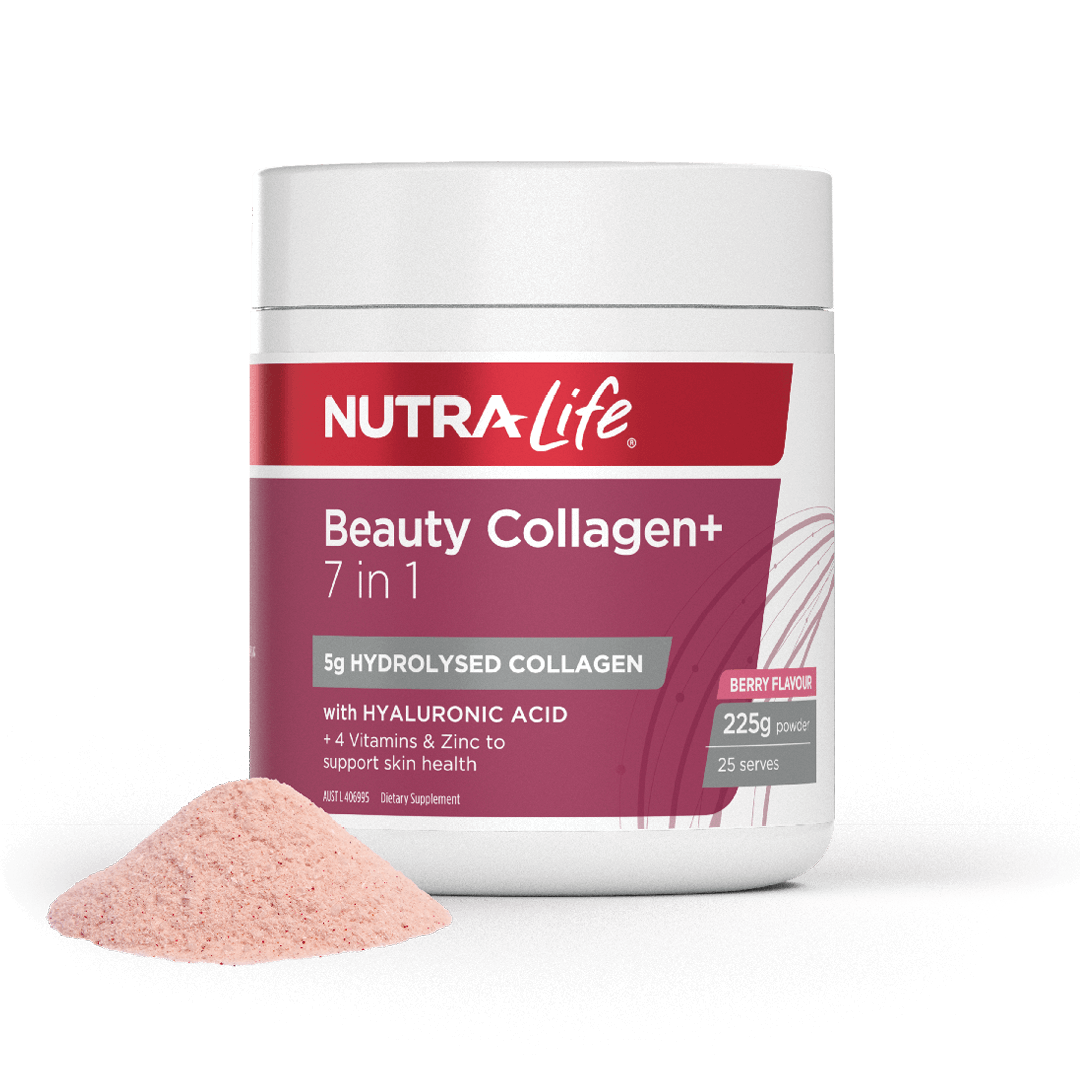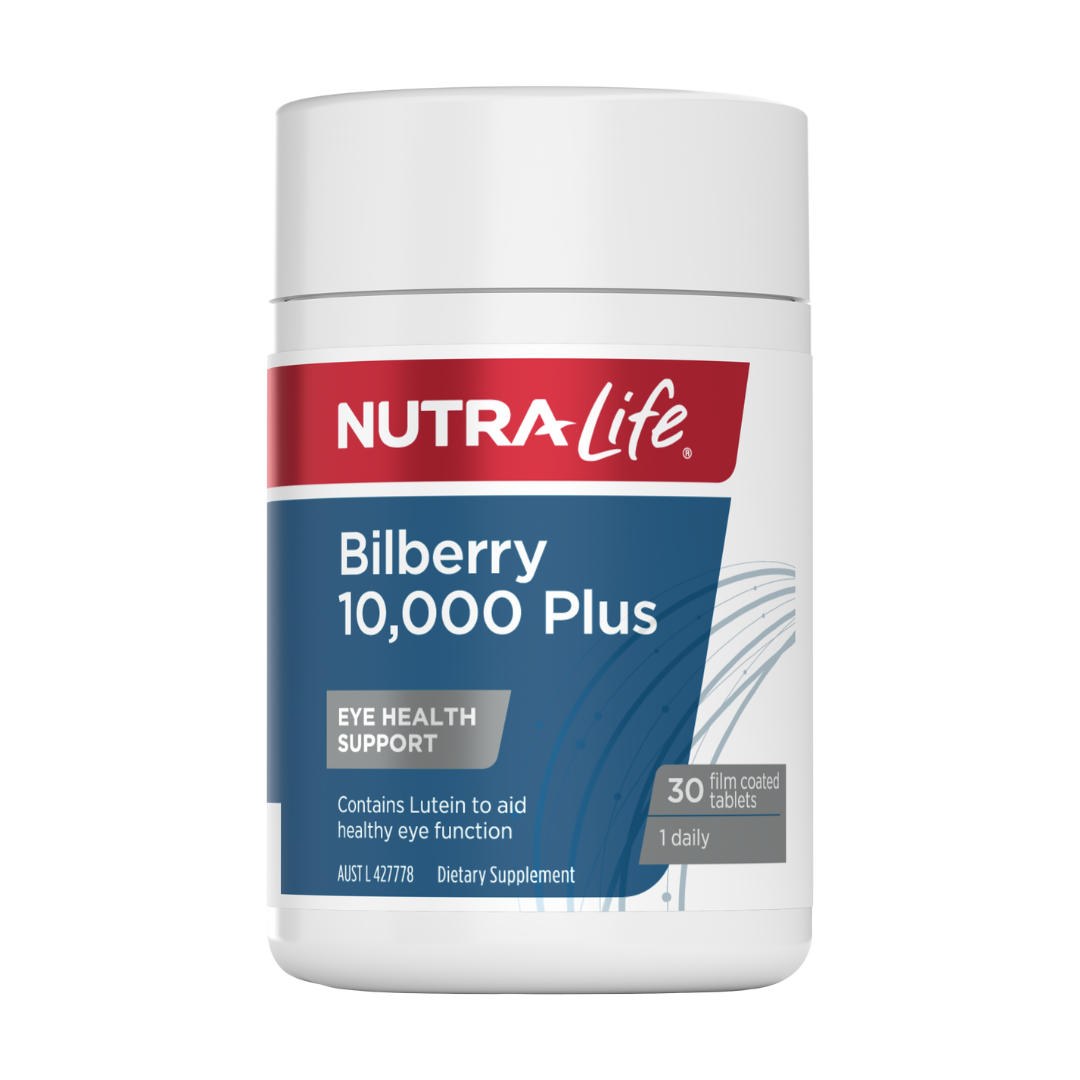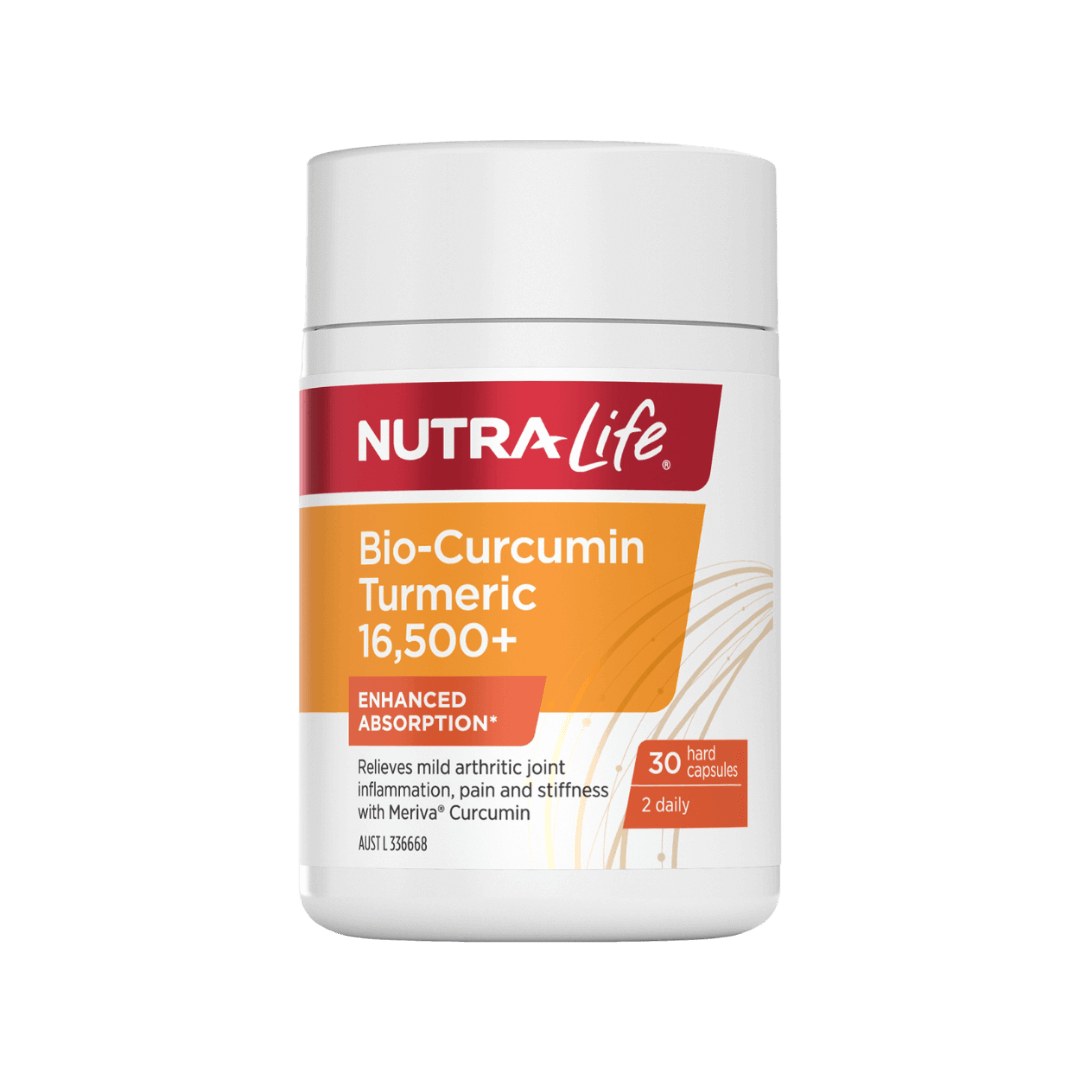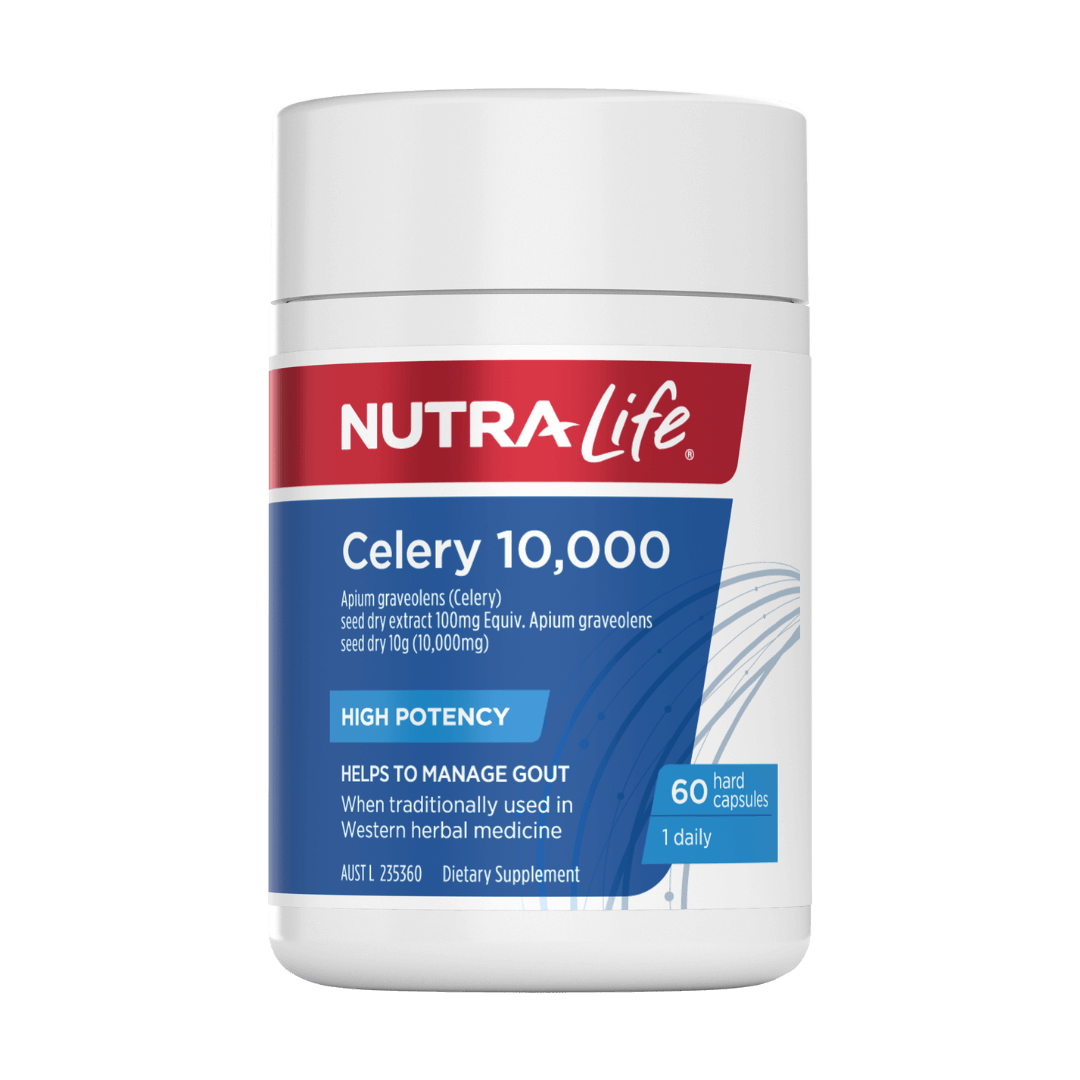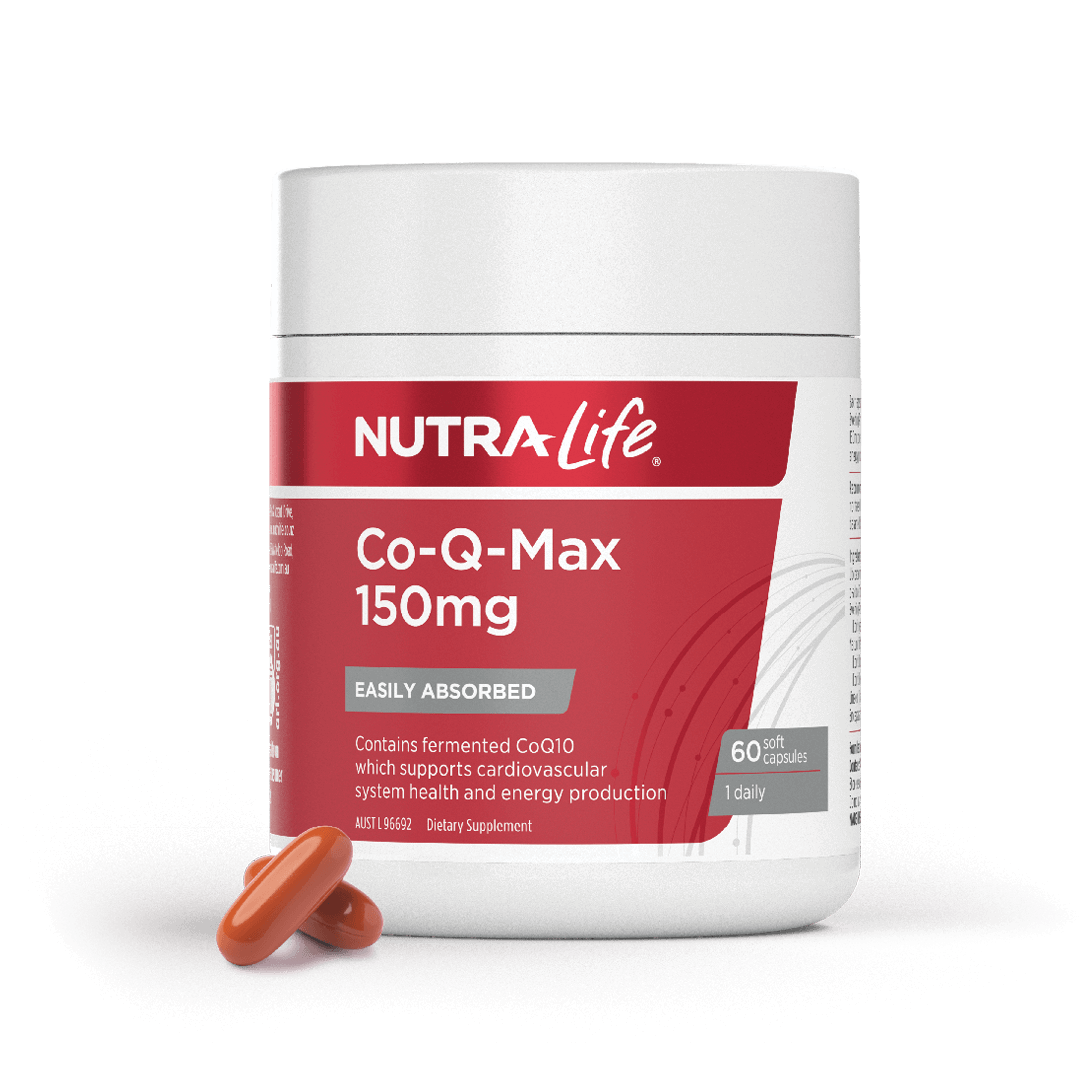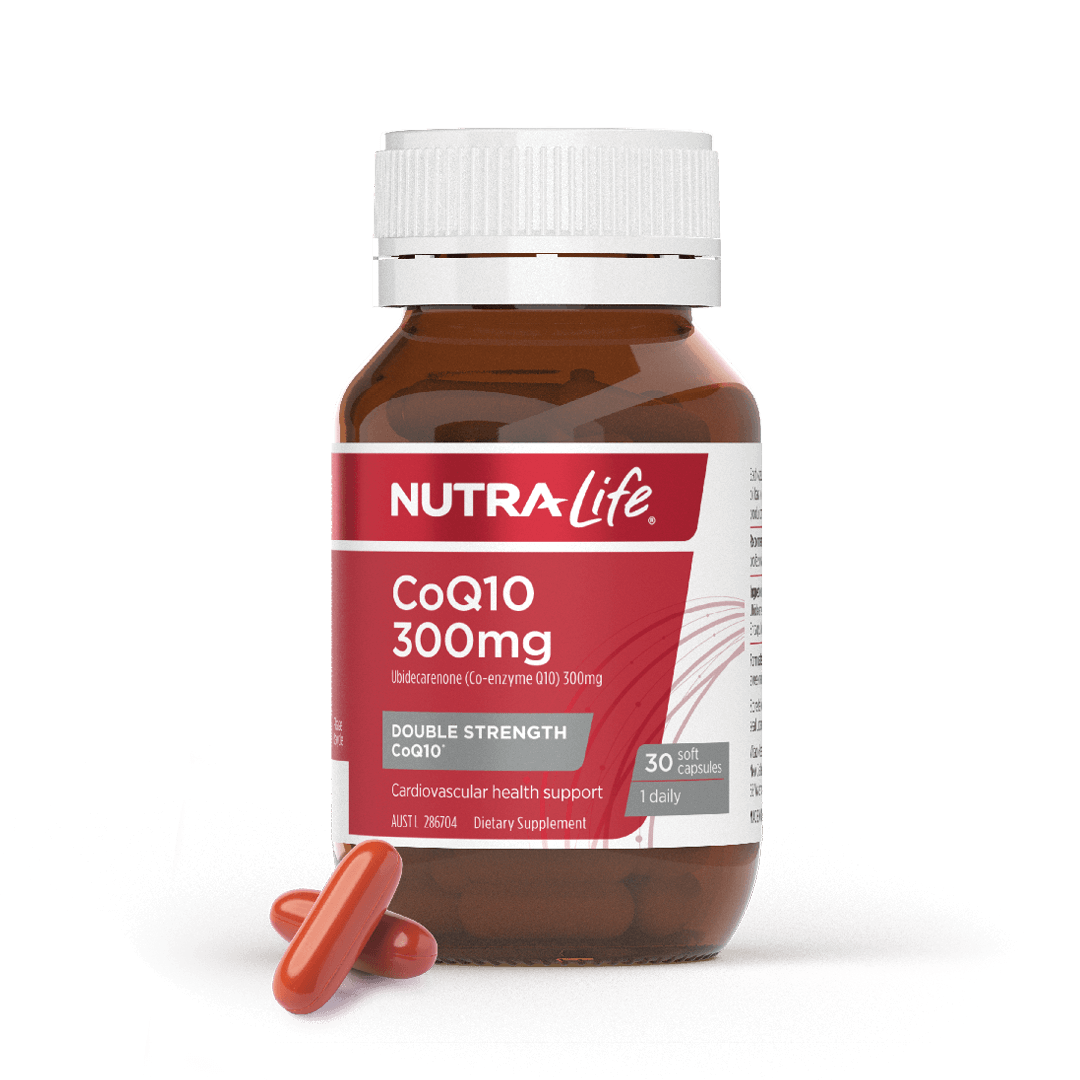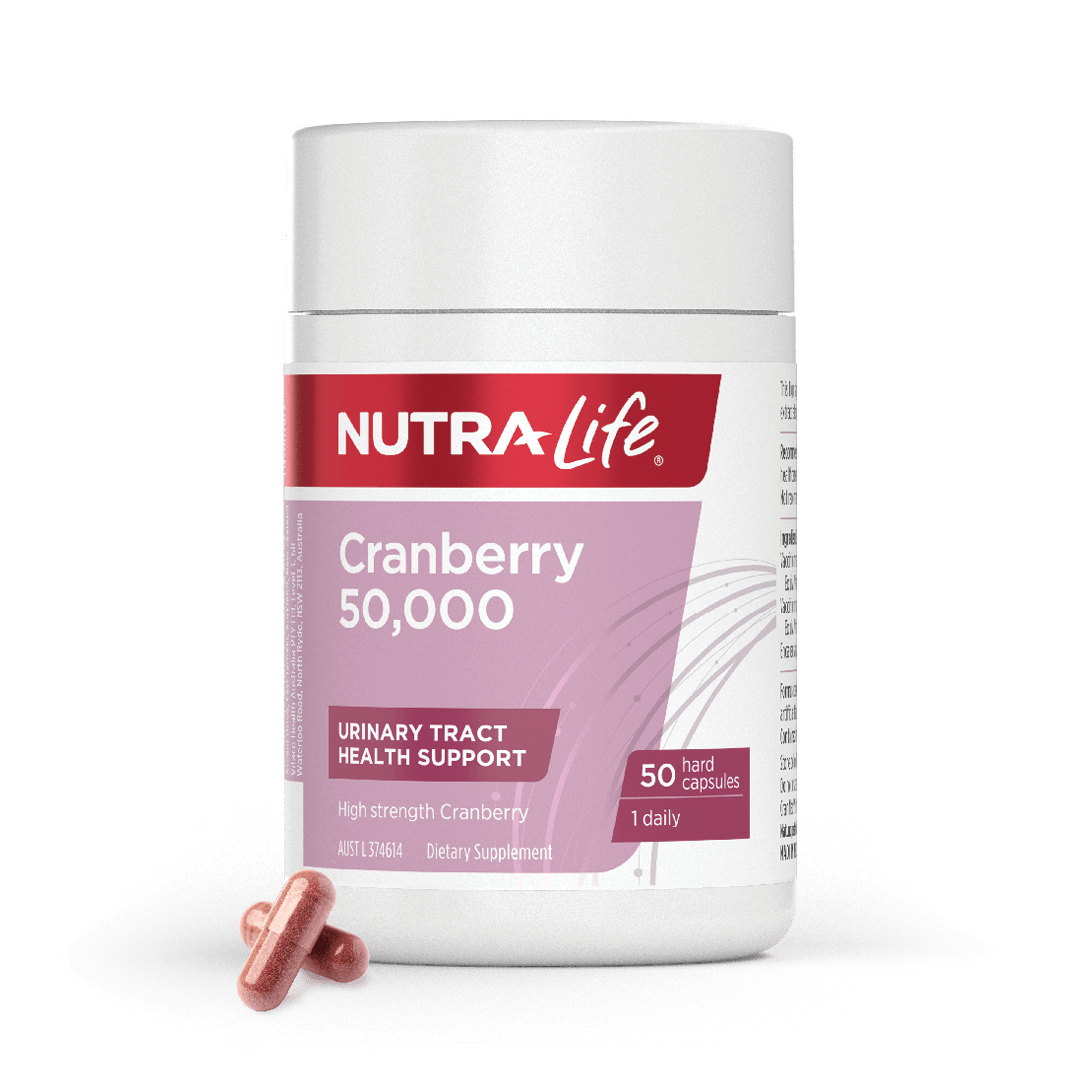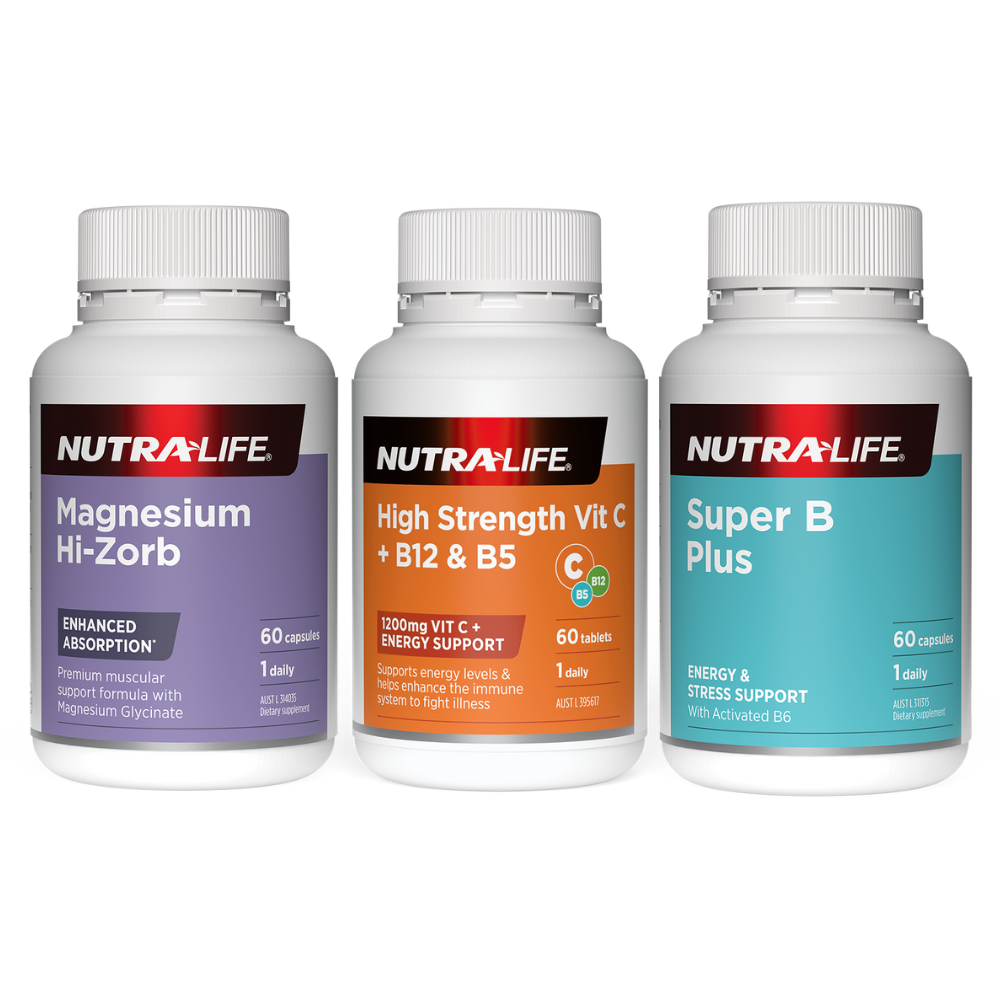What are probiotics?
The term probiotic refers to the microorganisms in our guts, which promote health, primarily made up of bacteria. The most common bacteria found in human guts are Lactobacillus and Bifidobacterium, although there are at least 1000 different species living in our guts with more than 3 million genes<2>. The gut flora found naturally in your gut is known as your “indigenous” probiotics, but you can also introduce probiotics in your system externally in the form of probiotic foods and supplements. We live in symbiosis with our probiotics, while they get to make their home in our intestinal tract we receive numerous benefits in return, including:
- Nutritional benefits, helping us to break down food for improved absorption
- Supporting our digestive tract
- Helping relieve digestive discomfort such as symptoms of bloating, gas or flatulence
- Outcompeting bad bacteria in our guts.
- Supporting our immune system and mood. While studies on both these benefits are still in their infancy, new research is showing a strong connection between gut health and immune and serotonin.
Prebiotics vs Probiotics
But what is the difference between prebiotics and probiotics? The Mayo Clinic for health defines prebiotics as nondigestible substances that act as food for the gut microbiota. Essentially, prebiotics stimulate growth or activity of certain healthy bacteria that live in your body.<3> So, while the good bacteria themselves are probiotics, prebiotics are the food we feed our gut flora. When taken together, prebiotics and probiotics form a symbiotic relationship, allowing them to function at an optimum level. According to the Monash University, you can find prebiotic in the following food<4>:
-
- Jerusalem artichokes, chicory, garlic, onion, leek, shallots, spring onion, asparagus, beetroot, fennel bulb, green peas, snow peas, sweetcorn, savoy cabbage
- Chickpeas, lentils, red kidney beans, baked beans, soybeans
- Custard apples, nectarines, white peaches, persimmon, tamarillo, watermelon, rambutan, grapefruit, pomegranate. Dried fruit (eg. dates, figs)
What is the Right Probiotic for me?
If you have fair digestion but are looking for a daily support for your gut health and your immunity, you can take a Daily probiotic such as Nutra-Life ProBiotica™ Daily Health. If you are suffering from regular stress, digestive discomfort, have taken an antibiotic course, or are travelling, your gut microbiota might be out of balance. You might need a high strength, multi strains probiotic like Nutra-Life ProBiotica™ High Potency.
With the health of our gut linked closely to our overall health, a healthy gut means a healthy life.
<1> https://www.sciencedirect.com/science/article/pii/S0300908418301652 Serotonin in the gut: Blessing or a curse, SuhridBanskotaabJean-EricGhiacWaliul I.Khana in 18 Elsevier B.V. and Société Française de Biochimie et Biologie Moléculaire (SFBBM), June 18 <2> http://www.gutmicrobiotaforhealth.com/en/about-gut-microbiota-info/ <3> https://www.ncbi.nlm.nih.gov/pmc/articles/PMC4744122/ <4> https://www.monash.edu/medicine/ccs/gastroenterology/prebiotic/faq


